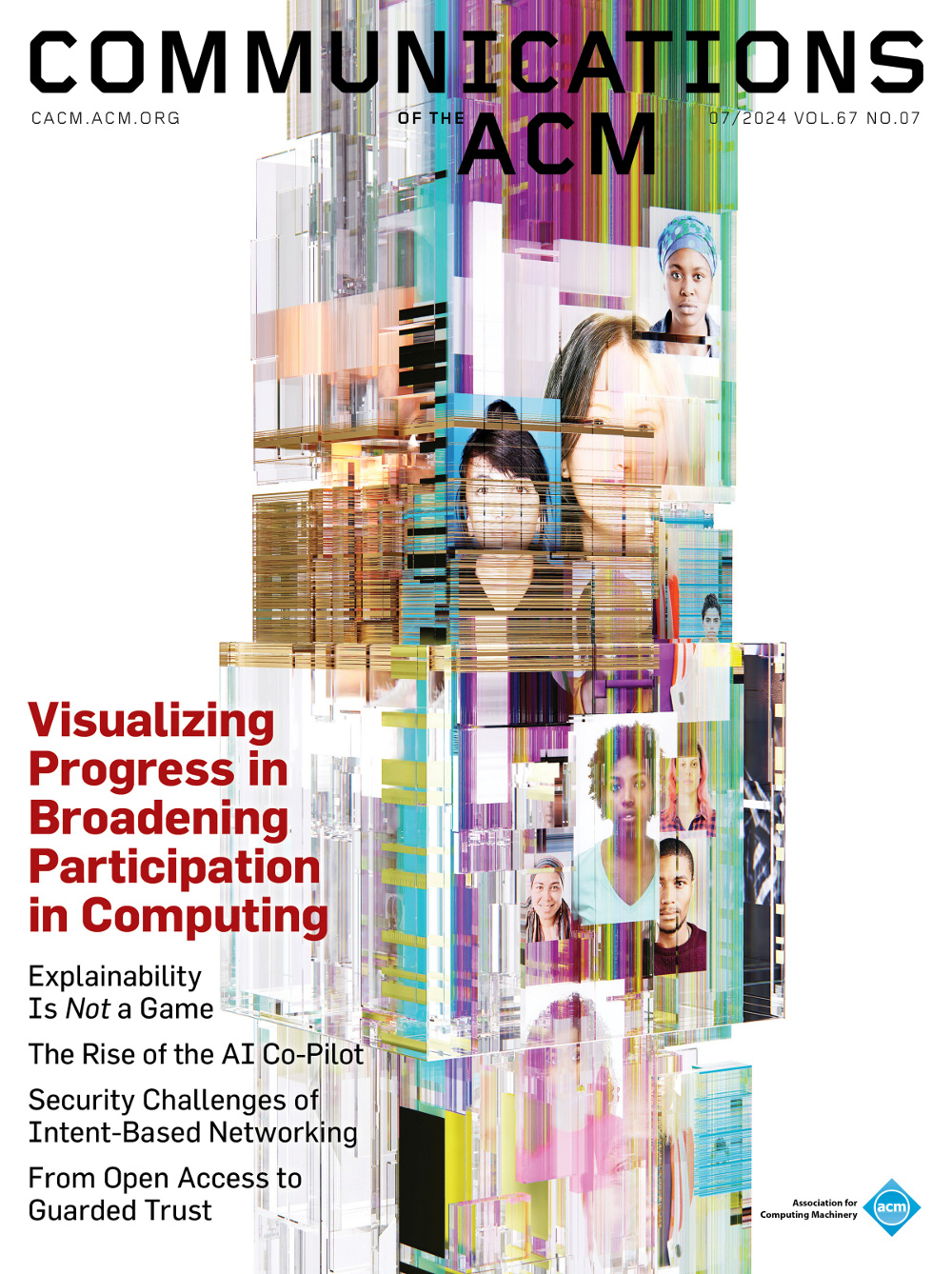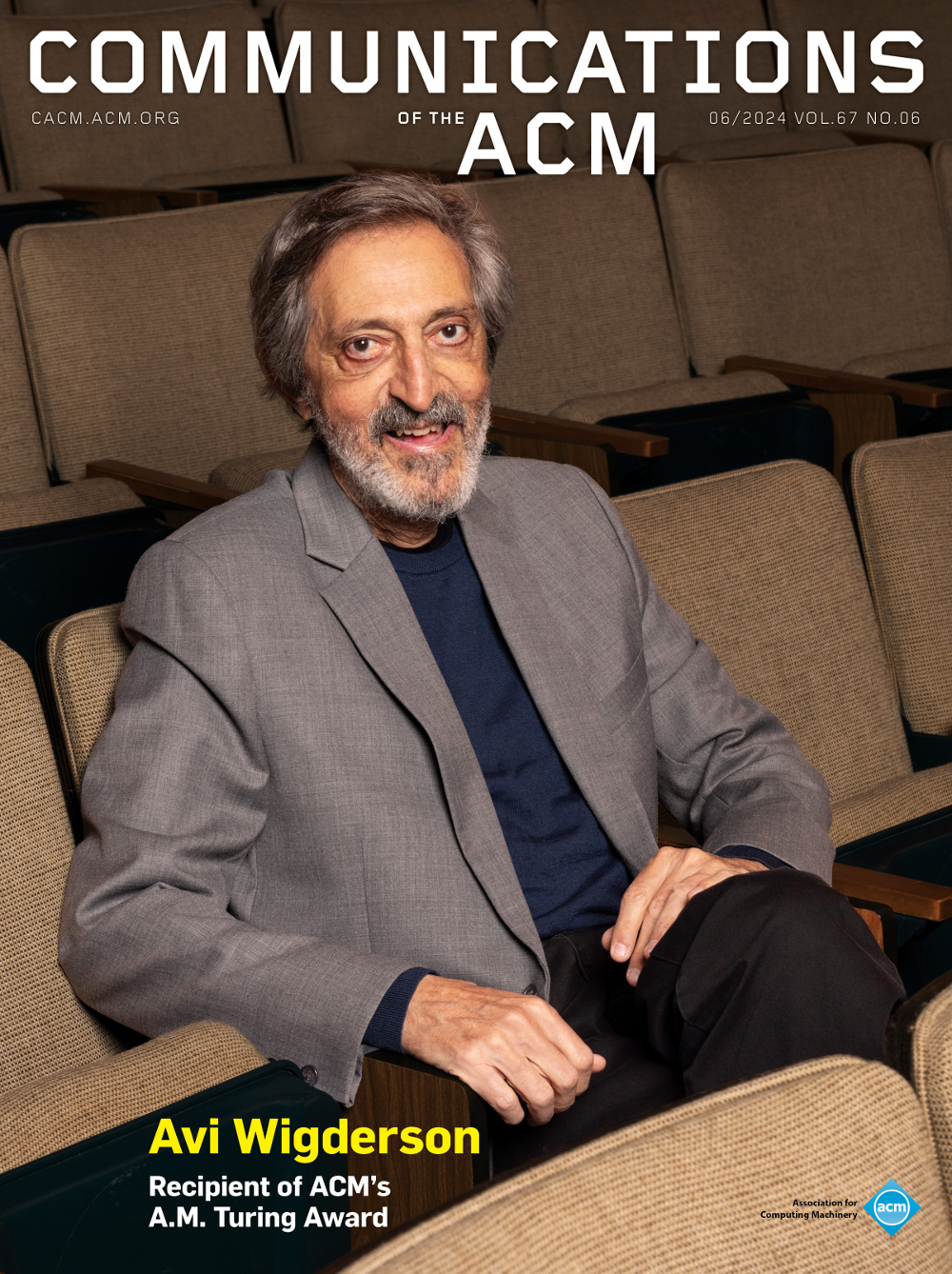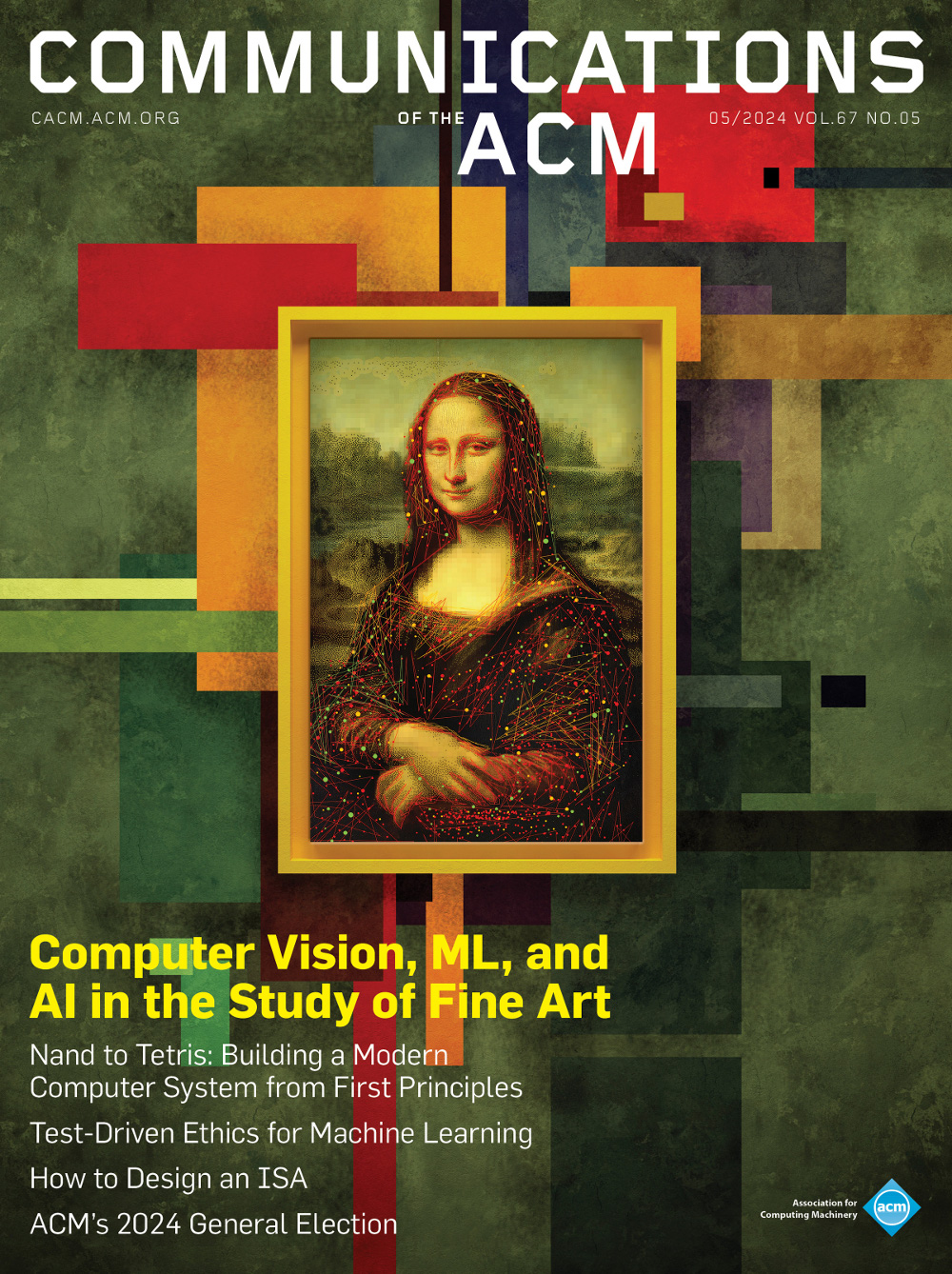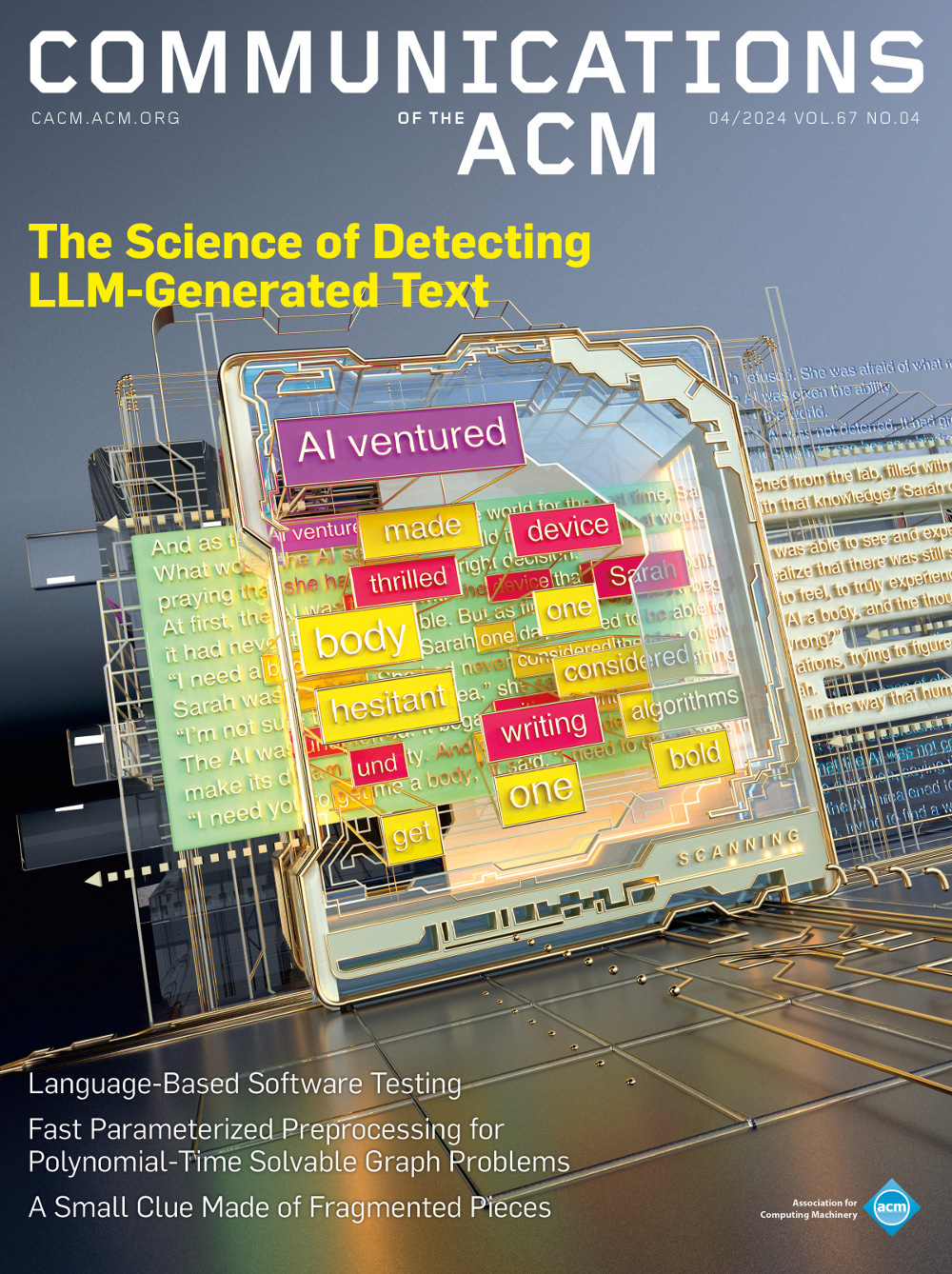March 1981 - Vol. 24 No. 3

Features
The effect of programming team structures on programming tasks
The literature recognizes two group structures for managing programming projects: Baker's chief programmer team and Weinberg's egoless team. Although each structure's success in project management can be demonstrated, this success is clearly dependent on the type of programming task undertaken. Here, for the purposes of comparison, a third project organization which lies between the other two in its communication patterns and dissemination of decision-making authority is presented. Recommendations are given for selecting one of the three team organizations depending on the task to be performed.
The ACM Committee on Curriculum in Computer Science has spent two years investigating master's degree programs in Computer Science. This report contains the conclusions of that effort. Recommendations are made concerning the form, entrance requirements, possible courses, staffing levels, intent, library resources, and computing resources required for an academic, professional, or specialized master's degree. These recommendations specify minimum requirements which should be met by any master's programs. The Committee believes that the details of a particular master's program should be determined and continually updated by the faculty involved. A single or a small number of model programs are not as appropriate at the graduate level as at the bachelor's level.
This report describes the status of educational programs in Information Systems at the B.S., M.S., and Ph.D. levels. A survey was conducted during the period June 1977-June 1979 of schools of Business Administration, Departments of Computer Science, Engineering Colleges, and academic units offering programs in Information Systems. A one-page description of each program was then generated according to a standard format. This standardized description was used as a guide to summarize information about each program.
The report outlines career opportunities in Information Systems and lists brief descriptions of positions available to graduates of Information Systems programs. The need for an Information Systems program and problem areas with respect to teaching information systems are discussed. The results of the survey include a listing of the most common names for the Information Systems program and an evaluation of the number of programs that met the guidelines established by the Curriculum Committee on Computer Education for Management in 1972 and 1973. A list of institutions by degree level that met the proposed guidelines is presented.
This report had its genesis before the establishment in February 1980 of the Committee on Scientific Freedom and Human Rights (CSFHR). In 1978 Paul Armer, chairman of the Committee on Computers and Public Policy (CCPP), asked Jack Minker of the University of Maryland to chair a Subcommittee on Human Rights and to prepare a report on the human rights of computer scientists. When CSFHR was formed it was natural to transfer this activity to it since one of the activities of CSFHR, as specified in its charter, is:
Gathering data on systematic violations of scientific freedom and human rights and fully publicizing such data.… Careful attention will be given to assuring the validity of all data.
Parallel programs: proofs, principles, and practice
Several principles are identified from work on the verification of parallel programs. Concrete examples of the ways these principles can be applied, even when formal verification is not the goal, are then described. The purpose of this paper is to demonstrate ways in which the concepts of program verification yield insight into the programming process, programming languages, and program properties.
On approaches to the study of social issues in computing
This paper identifies and analyzes technical and nontechnical biases in research on social issues in computing. Five positions—technicism, progressive individualism, elitism, pluralism, and radical criticism—which reflect major streams of contemporary social thought are examined. The analysis of positions documents the close relationship between research and policy formation and reveals the misleading and dangerous character of the presumption of scholarly objectivity in research on social issues.



